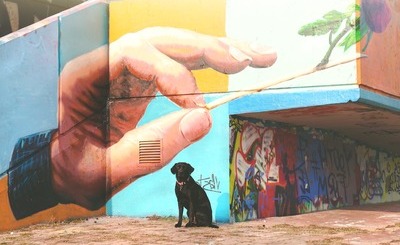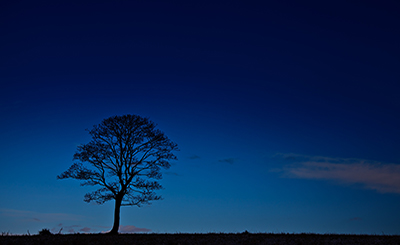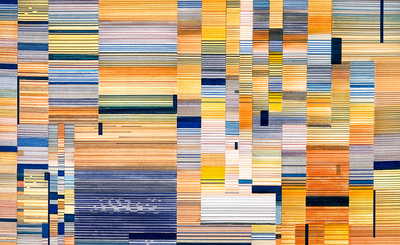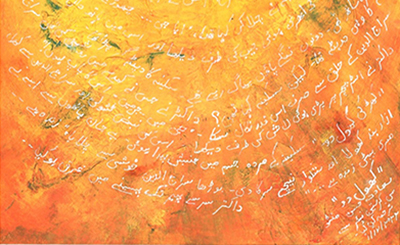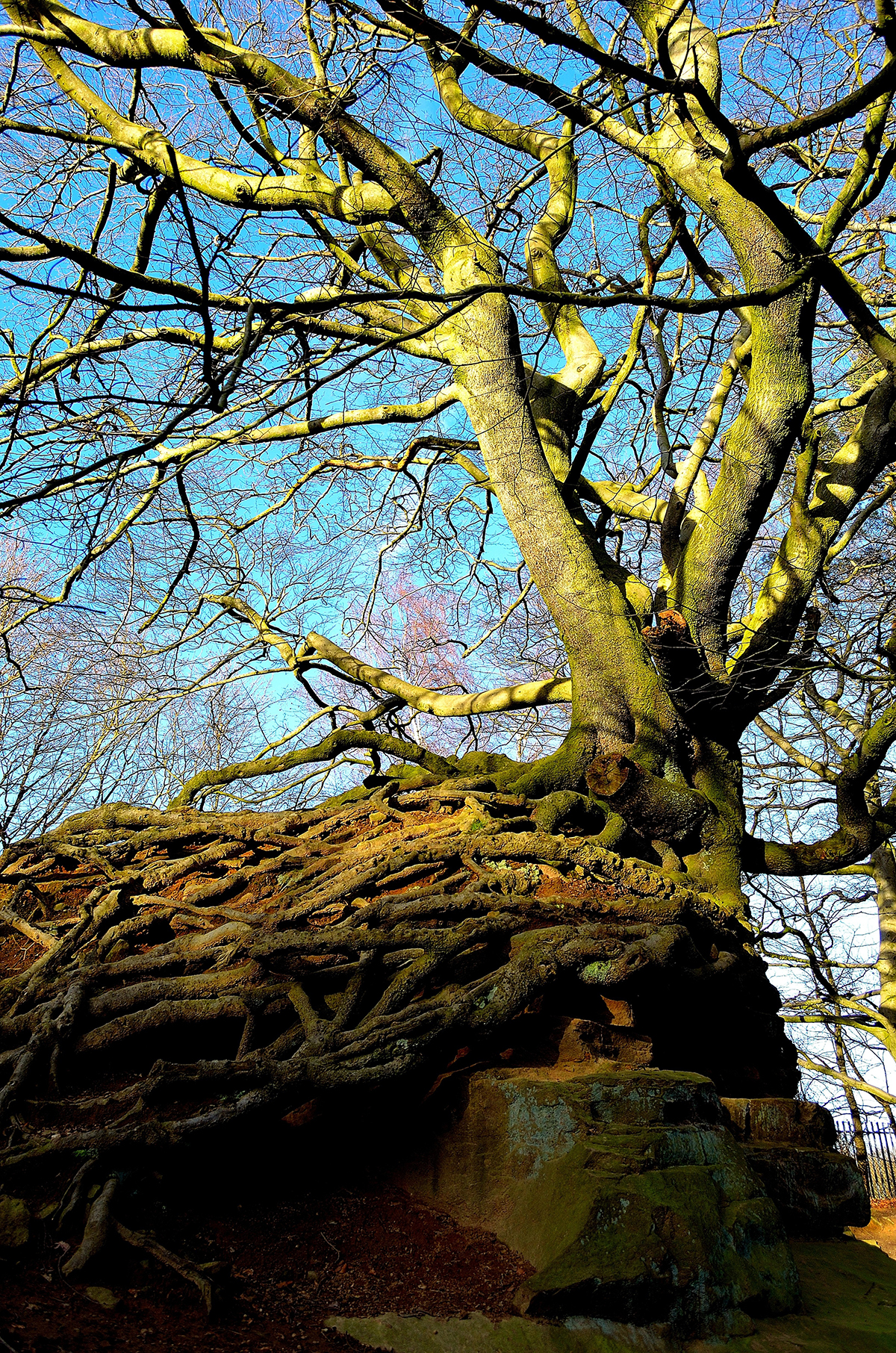
Six poems by Delhi-based teacher and library movement activist whose first collection of poems, Delhi Love Songs, was published by Speaking Tiger in association with the Jehangir Sabavala Foundation in December 2017
An Old Woman
After Kolatkar
There’s a purpose behind our choosing
which stories we conjure or board,
like this train rushing south through the flatlands,
or the bus we pass heading north.
I’m only a common magician,
hiding balls under fast moving cups:
you’ll see what I choose to show you;
my tools are omission and flux.
The point’s not the watching or telling,
but the struggle to see and to touch.
What’s under the cup I’m not showing?
I can’t say, but I’m sure of this much:
I have seen the temple walls fracture
and boulders break into sand.
I have heard the falling sky’s clatter;
I’m reduced to small change in her hand.
South Delhi Roadside, 9 p.m.
As you sell your last
half-melted mango popsicle
and start to push
your cart home,
you think that by now
the ice must be melting
high in Himachal.
Perhaps she is banking
the fire early tonight. Perhaps
she is stepping out
to piss.
Perhaps she is watching
winter wheat ripen
in moonlight.
South Delhi Jungle Park
with Surya, age four
The beetle walks on its front legs,
back legs pushing a ball of dung across our path.
You complain the ants will bite you
if we don’t keep moving.
Even the neon-necked peacock fails
to hold your attention;
there is grit between your toes,
a bothersome slipperiness in your
puddle-soaked sandals.
Only the tiny purple and brown
speckled egg on the path before us
stops your complaints. It’s beautiful,
you say, let’s take it home and hatch it.
I place the egg in my breast pocket,
knowing there are things
I’ll never be able to explain to this little girl—
the hopelessness of a fallen egg,
the bright yellow stain that will appear
some hours later on my white shirt,
just above the place
I imagine my heart to be.
Brother
His mother said it had been cold,
so they’d tried warm oil and prayers
for days before they carried him down
the hill and caught a bus
into town, where the doctor said:
too late, you’ve come too late.
His family taught him how to speak
with face and waving hands:
simple feelings, actions, things;
places to go and leave.
He must be grown by now, but he
was twelve the year he walked
us past the temple to the school
high up there on that hill.
The doors were locked, the students gone,
he’d never been that close;
he peered through windows, studied desks
and did not want to leave.
You asked me: how would longing feel,
without a word to hold it?
Sister
Later, the bare-shelved shack,
the deaf brother, the sick cow’s keening,
but right now, she’s sitting next to a half-dug
field of potatoes, singing.
The melody is cousin to some minor key,
the words about Dehradun in the spring;
no clouds above—but in this breeze,
the taste of evening rain.
Feed the Snake
The sky is clear when a smiling girl
offers to lead us up the trail that connects
the road by the river to her village in the hills.
After an hour, she tells us to sit and rest.
‘This pond and that tree are brothers,’
she says, ‘and we leave milk on these banks
to feed the snake that lives here.’
My seven-year-old son shakes his head
and asks: ‘But is the snake real?
Have you ever seen him?’
She shrugs:
‘Why would we want to see him?’
In the valley below, yesterday’s rain
flows toward the Bay of Bengal.
More from The Byword
Comments
*Comments will be moderated







